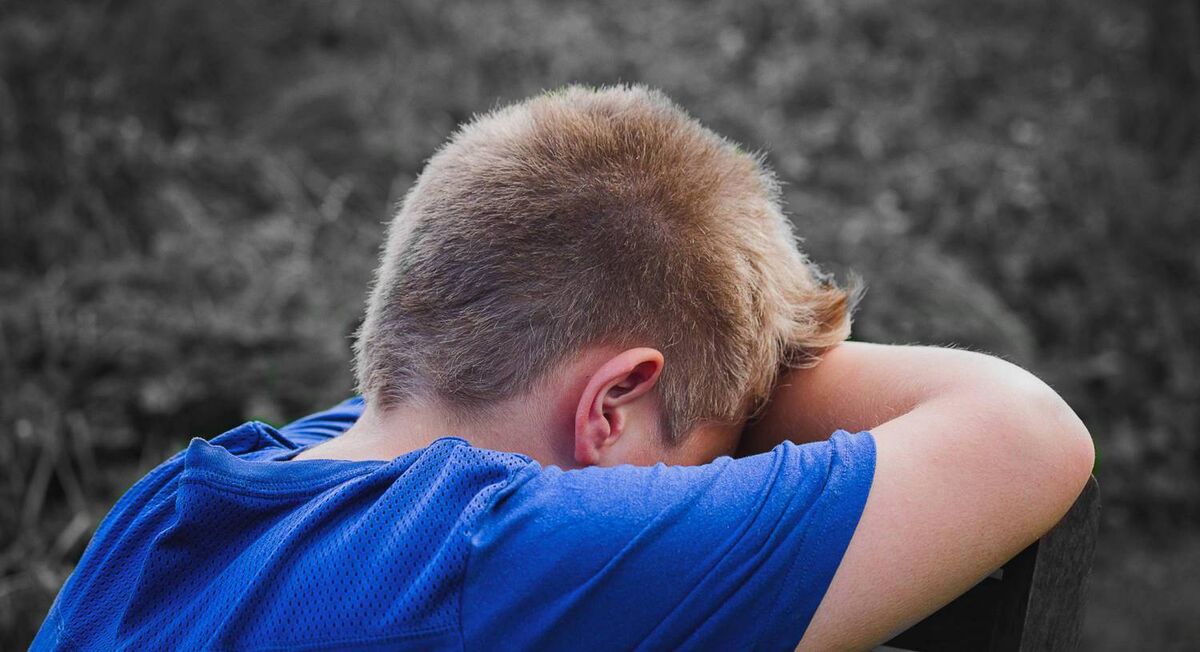Conor Fottrell: Covid-19 saw new ways of working with age-old challenges


The country has begun the process of re-opening from the restrictions imposed by the government 10 weeks ago.
Try from €1.50 / week
SUBSCRIBE

The country has begun the process of re-opening from the restrictions imposed by the government 10 weeks ago.
Already a subscriber? Sign in
You have reached your article limit.
Annual €130 €80
Best value
Monthly €12€6 / month
Introductory offers for new customers. Annual billed once for first year. Renews at €130. Monthly initial discount (first 3 months) billed monthly, then €12 a month. Ts&Cs apply.
CONNECT WITH US TODAY
Be the first to know the latest news and updates
Newsletter
Sign up to the best reads of the week from irishexaminer.com selected just for you.
Newsletter
Keep up with stories of the day with our lunchtime news wrap and important breaking news alerts.
Newsletter
Sign up to the best reads of the week from irishexaminer.com selected just for you.
Sunday, February 8, 2026 - 7:00 AM
Sunday, February 8, 2026 - 7:00 AM
Saturday, February 7, 2026 - 11:00 PM
© Examiner Echo Group Limited